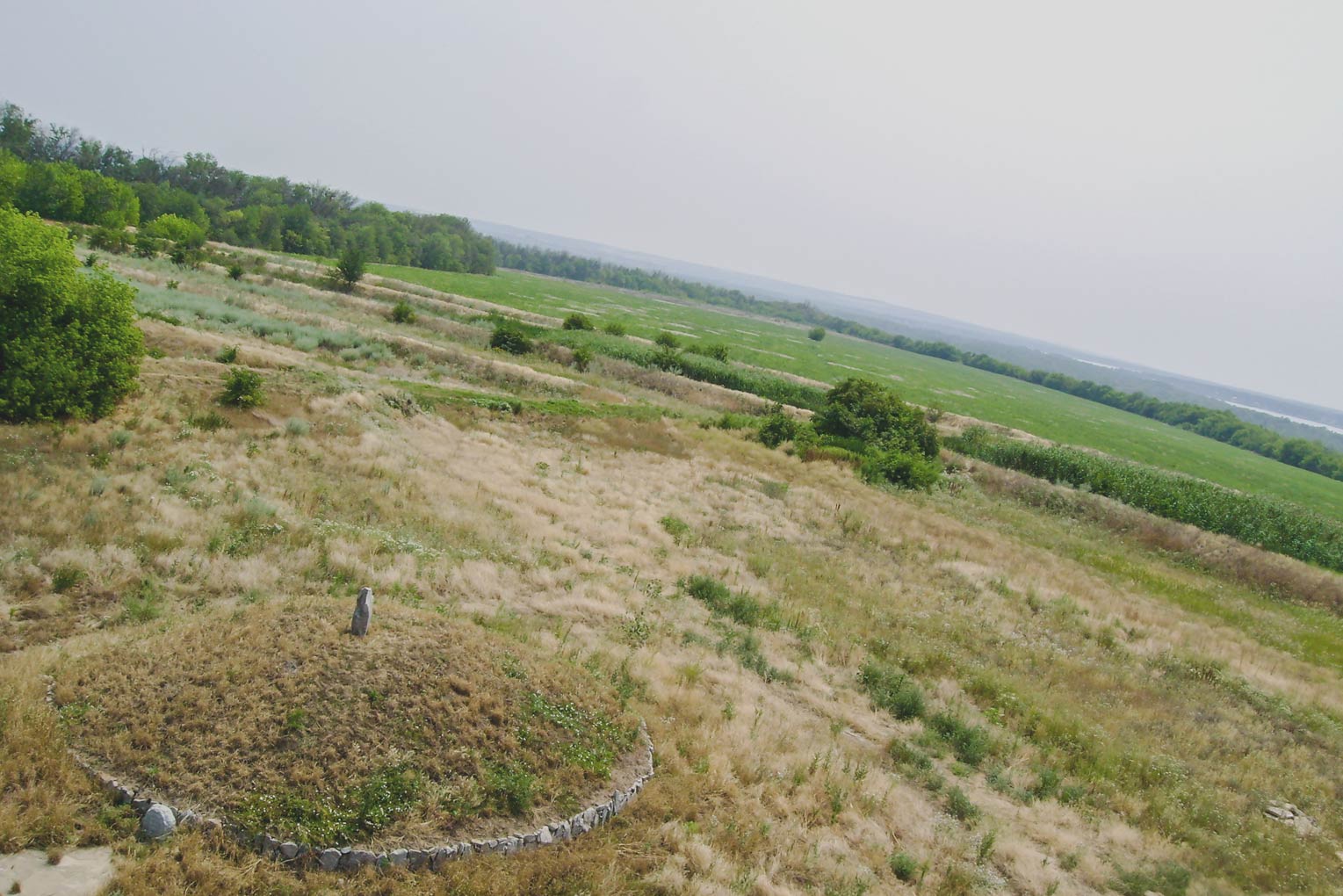
The group of adults sat in a circle, not unlike any small gathering of church folks you might expect to find any night of the week. The uncomfortable silence hung thickly in the air. The only sound breaking the awkwardness was the fidgeting about caused by the question that the leader of the group had just asked. The question that had everyone wishing they were endowed with invisibility powers was, “How did this week’s sermon uncover some hidden idols of your heart? How did the passage that Pastor preached show you how you were seeking to find joy, fulfillment and satisfaction in anything other than Christ?”
These are the kinds of questions that expose those places in our hearts that we really don’t want others to see. Because of pride and self-righteousness, we don’t want to admit we are redeemed, yet struggling sinners. In the midst of explaining how the Holy Spirit reveals to us the mind of God, Paul makes a very interesting statement concerning all of us. 1 Cor. 2:11a reads, “For who knows a person’s thoughts except the spirit of that person, which is in him?” This leaves us with a truth that at first may frighten us, but in light of the gospel, ought to free us.
Why is it necessary for us to ask the kinds of questions as in the scenario above? Because 1 Cor. 2:11a is true and because we need to be truthful to those in our church community, so that they can come along side of us and help. We need this because we all are redeemed, yet struggling sinners.
Here’s the long and short of it: I am redeemed, therefore I am forgiven of all of my sin. I want to rejoice in the forgiveness that I have received in Christ! Yet, I also realize, as long as I am in this flesh, I will struggle with sin. According to Galatians 6:1-2, we are to lovingly confront and restore brethren who are in sin and also bear one another’s burdens. We cannot know what those sin struggles and burdens are without exposing our inner person to one another.
This leaves us with the need to know each other and be known by one another. This occurs in places where the gospel is central, forgiveness of sins is understood and proclaimed, and self-righteousness is left at the curb. But it will only truly happen when we take the step of opening ourselves to being known and desiring others to come along side of us as we desire to know them and to come alongside them, all of us pointing one another to Christ! After all He knows us most intimately of all and died and resurrected so that we might live in the freedom of forgiveness.
Enter to Win the Puritan Paperbacks This July!

Charles Spurgeon once said, “By all means read the Puritans, they are worth more than all the modern stuff put together.”
The Puritans offer their readers a comprehensive, gospel-centered view of the Christian life where all of Christ matters for all of life. In recent years, Banner of Truth has published a 49-volume set called the Puritan Paperbacks where Christians today can glean from the Puritans of the past.
During the month of July, we’re giving away the entire 49-volume Puritan Paperback series for free to one providentially favored participant who enters. Enter today for your chance to win!

